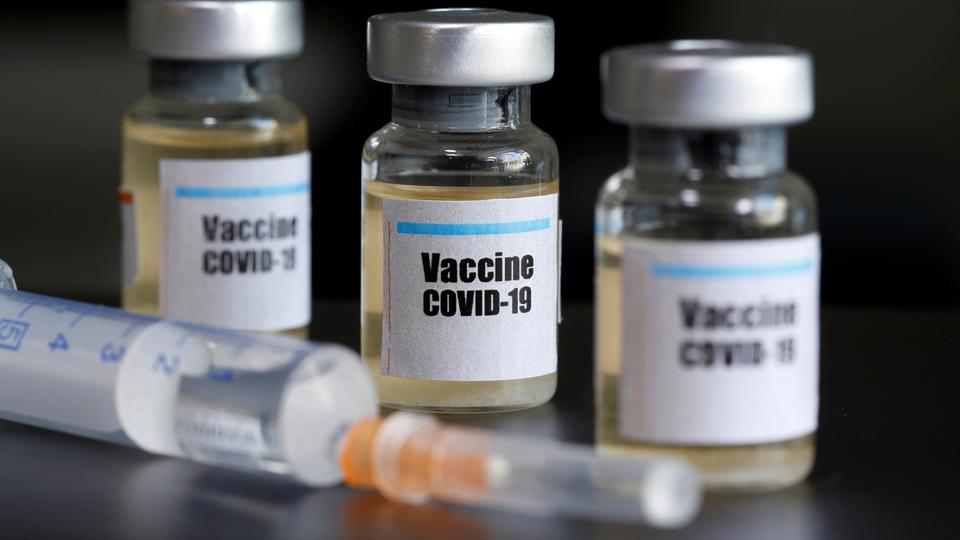Animals can get COVID 19: Believe or not to believe ?

Tiger gets COVID 19: Should you be worried about your pet?
Coronavirus’s behaviour still involves more questions than answers. A new question has arisen after a Malayan tiger at Ney York’s Bronx Zoo has tested positive for coronavirus COVID-19. The four-year-old tiger, Nadia is believed to have caught the virus from a zoo employee who had not shown symptoms.
Humans can infect animals?
The COVID-19 is believed to have originated from animal source and mutated. Humans have since been infecting other humans. It is possible that the virus can mutate again to survive in certain species after being transmitted by humans. The US Department of Agriculture said that in the case of this tiger, an employee spread the virus to the tiger. Several tigers and lions at the zoo have shown symptoms of respiratory illness. The others were not tested to limit the potential risk of general anaesthesia.
Are domestic animals getting infected too?
There are several incidents of pets being infected and the indications suggest that they got it from humans. As per the reports, two dogs, a Pomeranian and a German shepherd tested positive in Hong Kong. Their respective human owners had COVID-19 but the dogs didn’t have any symptoms.
A domestic cat in Belgium is believed to have tested positive and unlike the dogs they showed symptoms.
Should you be worried about your pets?
The US Department of Agriculture advised people with COVID-19 infection to avoid contact with animals after the tiger tested positive. They said that just like people, social distance is necessary with pets too, however, they did not recommend tests for pets.
Read more: Summers are coming: Will it kill Corona Virus?
Chinese researchers recently published a pre-print paper on the issue of cats transmitting or getting infections. The researchers inoculated cats with the COVID-19 infection, placed them with normal cats. They found out that the cats can transmit the infection to one another. But the good news is, the virus replicates poorly in dogs. They didn’t find any evidence of cats infecting humans either.
India on Monday kept its national parks, zoos, wildlife sanctuaries and tiger reserves on highest alert and asked the authorities to keep an eye on tigers 24×7. Preventive measures to curb transmission from humans to animals and animals to humans were directed in case of abnormal behaviour. The direction included special mentions for cats, ferrets and primates.
Primates are at bigger risks. A group of 25 scientists, in a recent commentary published in Nature, called for urgent discussions on the need to limit human contact with the great apes in the zoos, wild, until the risk of COVID-19 fades away.
Have a news story, an interesting write-up or simply a suggestion? Write to us at info@oneworldnews.com







